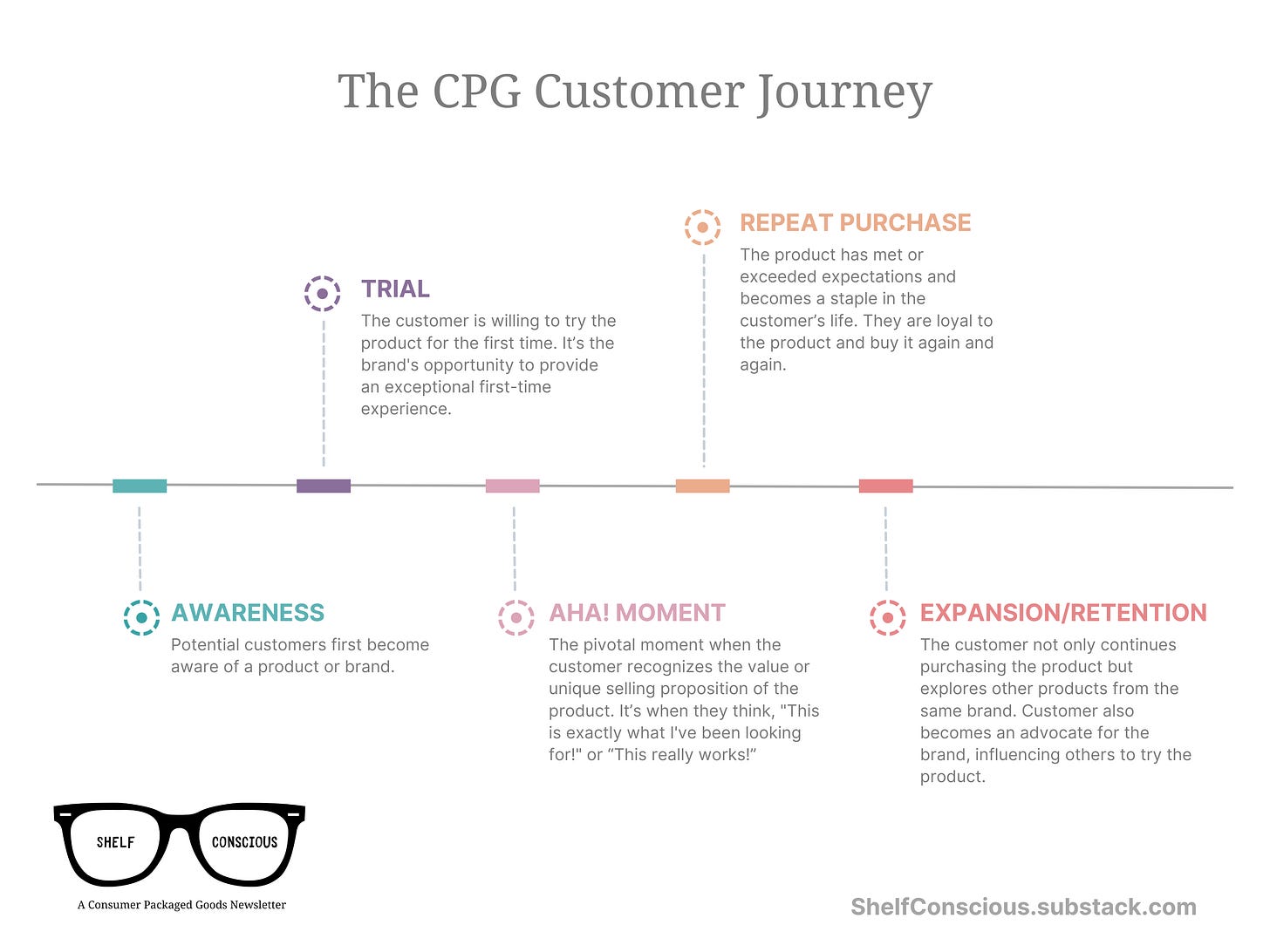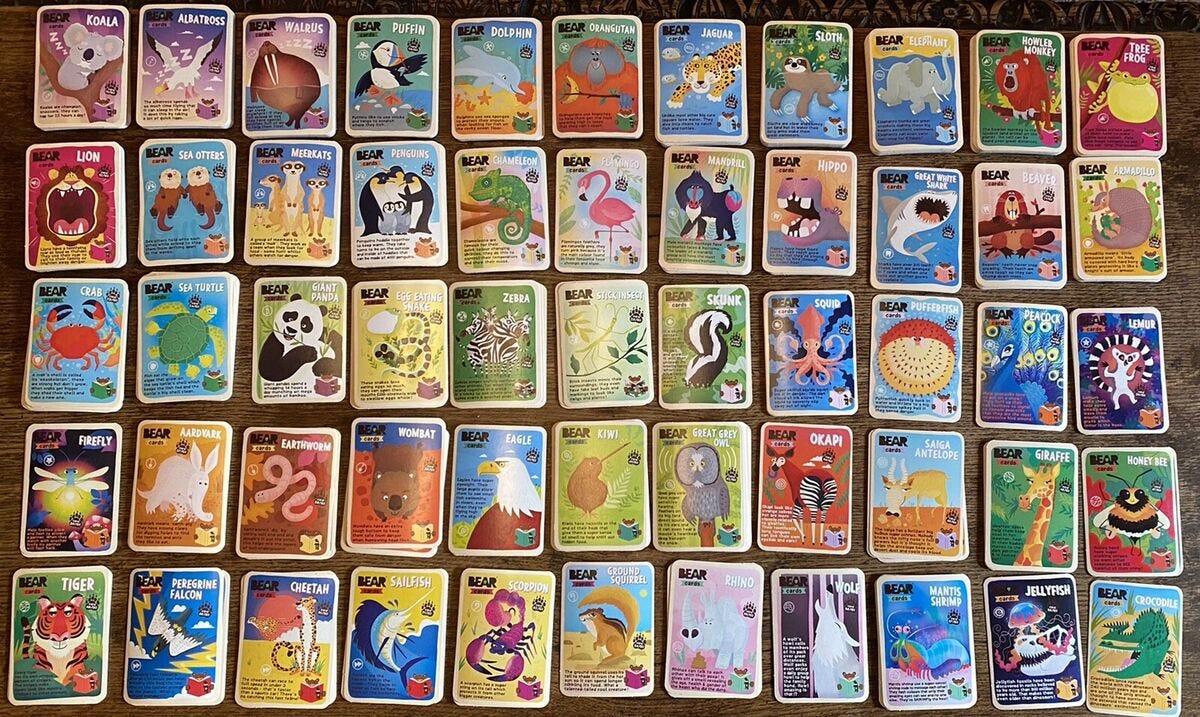Hey there! I first wrote this list back in 2023 but since most of you weren’t around then I thought this would be a good article to send out again. Enjoy!
How do I get consumers to try my product?
If you ever ask anyone this question you will probably get some combination of the following answers:
In-store demos
Digital advertising
Promos
Digital coupons (Ibotta, etc.)
Influencers
These are great. But these are the same options I've heard over and over since I started in retail and CPG years ago.
So, for this newsletter I asked myself, “are those really the only options?”
The more I researched, the more I found great options that were rarely, if ever, talked about.
But First, What is Trial?
Trial is when the consumer uses your product for the first time. The consumer is giving your product a chance to try out for the team. But in this case, the roster is made up of all the products your target customer keeps in their home, pantry or fridge. Below is an image to give you an idea of the typical customer journey and where in the timeline trial sits.
40 Ways to Drive Trial
Okay, now that we’ve got that out of the way, here’s the list. I’ve organized these into 6 groups. I’ll cover 18 methods with examples here in part 1 and the rest in part 2 next week.
Packaging
Sampling
Partnerships
Alternate Distribution
Events
Promos
Packaging
1. Small Pack Sizes
Decreasing pack size or offering at least some small pack sizes makes a brand more approachable to consumers. The lower price and smaller quantity make it less risky for the consumer to try your product.
Example: In a crowded spread market, Justin’s Nut Butters distinguished itself by offering squeeze packs. Consumers could sample without committing to a large, more expensive jar.
2. Variety Packs
These give consumers a chance to try the full breath of your product line at an affordable price. Letting consumers try multiple flavors increases the chances they will find one they love.
Example: Keurig provides many variety packs. Since each pod makes one cup of coffee, it's easier for customers to try new flavors. Keurig also sells larger packs of those individual flavors.
3. Collectibles
Include collectibles in your products or turn your packaging into a collectible to encourage consumers to buy the entire product line to complete the collection.
Example: Bear Fruit Rolls include collectible animal cards. Each card indicates the total in the series, helping kids track their collection progress.
Sampling
4. In-store Demos
Let consumers try the product in the store and make a purchase. This is, as mentioned before, a classic go-to method for driving trial and for good reason. It helps the consumer have an aha! moment at the point of purchase. There's almost nothing more ideal.
Example: Bose uses permanent displays in stores so consumers can hear the quality difference of their headphones. Many other brands of course hand out small taste tests.
5. Hotels
Collaborate with hotels to offer your product as a complimentary in-room gift. When traveling, consumers step out of their routines and are more open to trying new products. Not only that, a hotel is a home away from home, which means they need a lot of consumer products to run. This includes food for the complementary breakfast, toiletries for the bathroom, coffee and snacks for the room, etc.
Example: During the COVID-19 pandemic Lysol worked with Hilton to use and offer Lysol products around the hotel. Lysol and Clorox compete aggressively for market share and during a time when disinfectants were growing at a staggering rate, Lysol’s placement in Hilton could promote trial and eventually brand switching.





